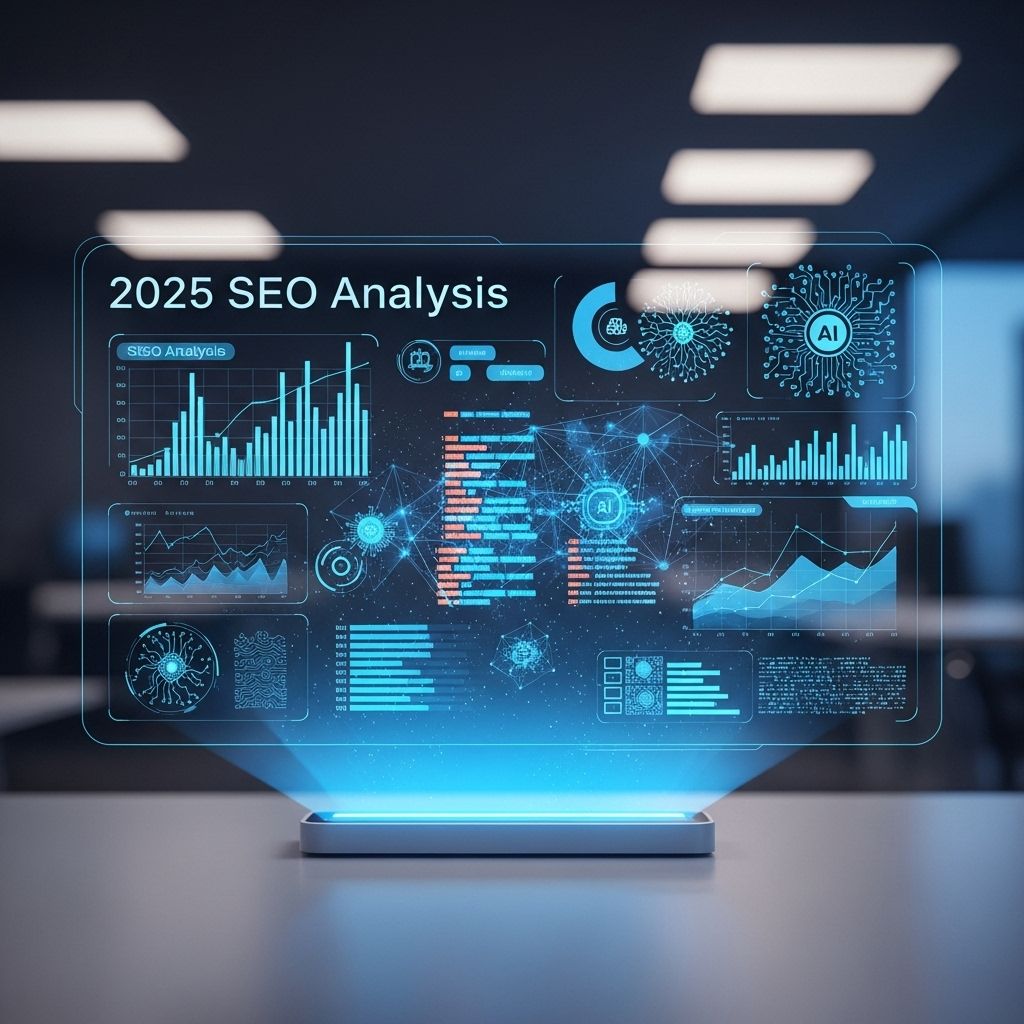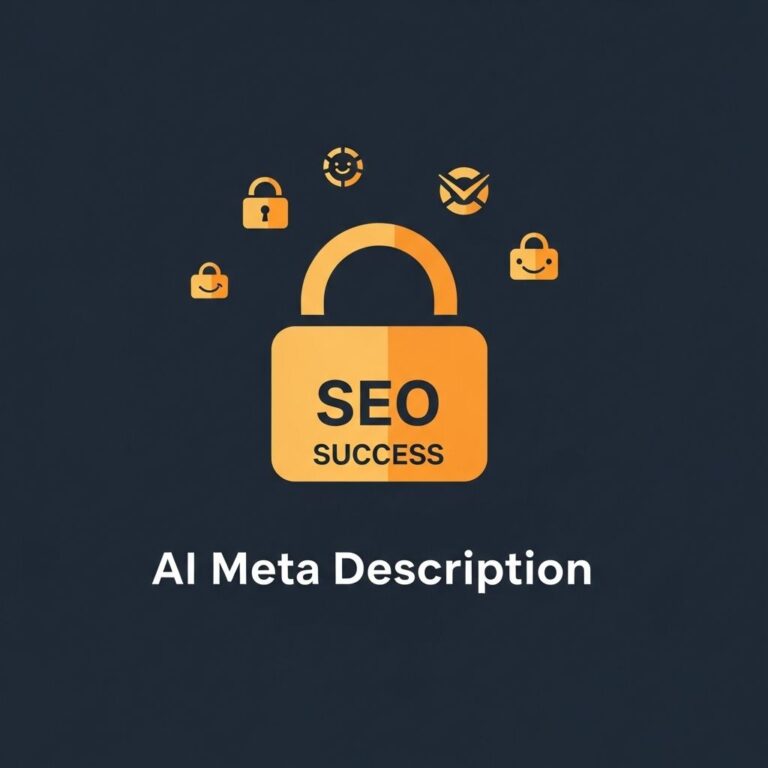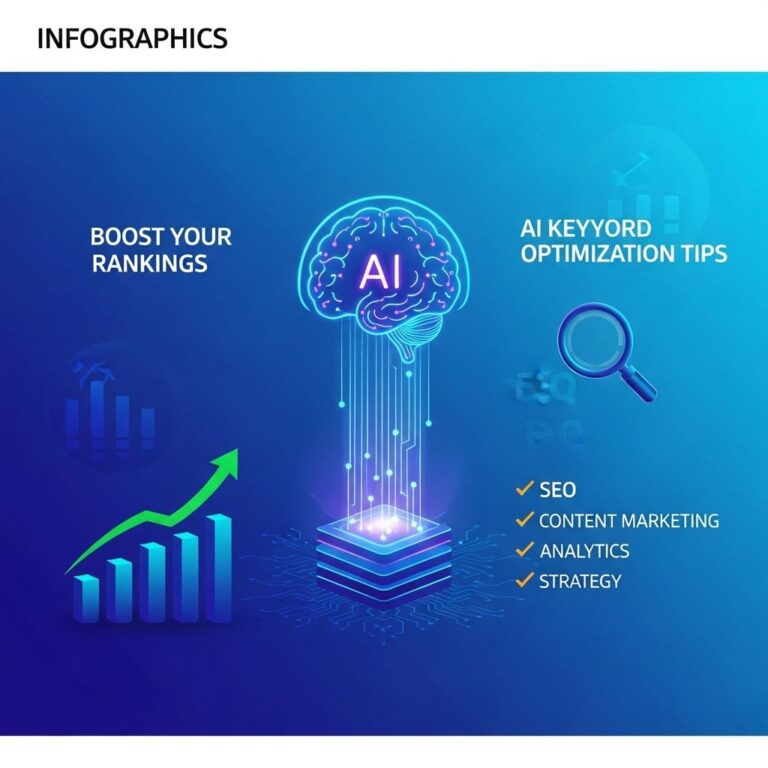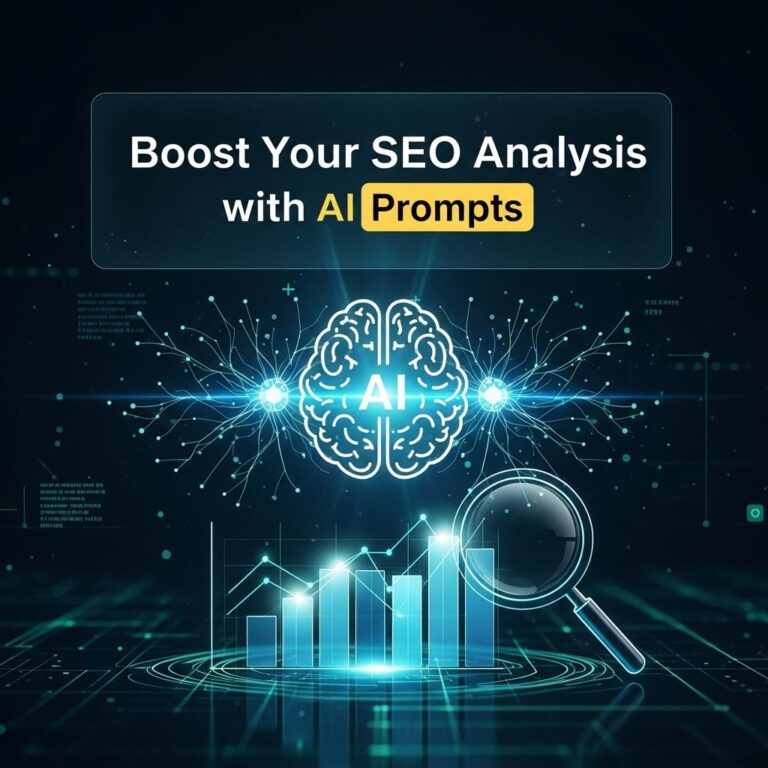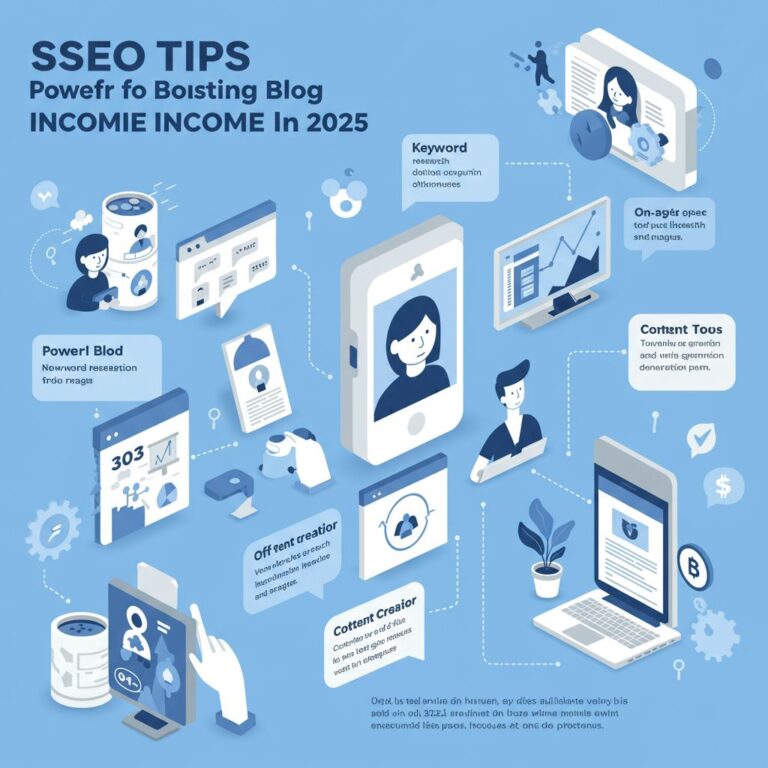As we dive deeper into 2025, the digital landscape is undergoing significant transformations, particularly with the proliferation of AI technologies. The integration of artificial intelligence in SEO strategies is no longer a futuristic concept but a present reality. Businesses seeking to stay ahead must adapt to these changes to enhance their visibility and reach.
Table of Contents
The Evolution of SEO in the Age of AI
SEO has always been about optimizing content to meet the needs of users and search engines. However, with AI taking center stage, the methods of optimization are evolving. Let’s explore how AI is shaping SEO strategies today:
- Content Analysis: AI algorithms can analyze vast amounts of data, identifying trends in content that resonate with users.
- Predictive Analysis: Machine learning models predict future search trends based on historical data.
- User Intent Understanding: AI helps in discerning user intent, allowing for optimized content that aligns with what users are actually searching for.
Key AI Technologies Impacting SEO
Several AI technologies are crucial in redefining SEO strategies. Here are a few noteworthy mentions:
Natural Language Processing (NLP)
NLP allows search engines to understand the context and semantics of a query. It aids in delivering more relevant results, emphasizing the importance of high-quality content.
Machine Learning Algorithms
These algorithms analyze user behavior and engagement metrics, allowing SEO professionals to refine their strategies based on actionable insights.
Chatbots and Virtual Assistants
With the increasing reliance on voice search among users, optimizing for chatbots and virtual assistants is essential. Businesses must ensure their content is voice-search friendly.
Strategies for Implementing AI in SEO
To fully leverage AI-driven strategies, consider the following approaches:
1. Utilize AI-Powered Tools
Several tools on the market harness AI to enhance SEO practices:
| Tool | Functionality | Benefits |
|---|---|---|
| SEMrush | AI-driven keyword research | Identifies high-value keywords |
| Surfer SEO | Content optimization | Ensures top-ranking potential |
| MarketMuse | Content strategy planning | Enhances topical authority |
2. Focus on User Experience (UX)
AI can analyze user interaction data to help improve the overall user experience:
- Ensure fast loading times.
- Create mobile-friendly designs.
- Implement easy navigation structures.
3. Optimize for Voice Search
As voice searches continue to rise, optimizing content for voice search is crucial:
- Use conversational language.
- Focus on long-tail keywords.
- Answer common questions succinctly.
Measuring the Success of AI-Driven SEO
To assess the effectiveness of AI in your SEO strategy, consider the following key performance indicators (KPIs):
Traffic Metrics
Monitor organic traffic changes, paying attention to:
- New vs. returning visitors
- Traffic sources
- Geographical demographics
Engagement Metrics
Evaluate user engagement through metrics such as:
- Bounce rate
- Time spent on site
- Pages per session
Conversion Rates
Ultimately, the goal of SEO is to convert visitors into customers. Track:
- Lead generation
- Sales figures
- Sign-ups for newsletters or trials
Future Trends in AI-Driven SEO
As we look ahead, several trends are emerging within the realm of AI and SEO:
Personalization
Content personalization is becoming increasingly vital. AI will facilitate tailored experiences based on user behavior and preferences.
Visual Search Optimization
With advancements in image recognition, optimizing for visual search will gain importance. Brands will need to focus on image SEO.
Data Privacy and Ethics
As AI systems collect more data, ethical considerations and privacy regulations will shape how SEO strategies are formulated.
Conclusion
The intersection of AI and SEO offers vast opportunities for businesses willing to adapt and innovate. By incorporating AI-driven strategies into your SEO practices, you can stay ahead of the curve and ensure that your brand remains visible in an increasingly competitive digital landscape. Embrace these technologies, and watch as your SEO efforts yield significant results in the years to come.
FAQ
What are AI-driven strategies for SEO in 2025?
AI-driven strategies for SEO in 2025 involve using machine learning algorithms to analyze user behavior, optimize content, and predict trends, ensuring that websites rank higher in search engine results.
How can AI improve keyword research for SEO?
AI can enhance keyword research by analyzing vast amounts of search data to identify high-potential keywords, trends, and user intent, enabling marketers to create more targeted and effective content.
What role does natural language processing play in SEO?
Natural language processing (NLP) helps search engines understand the context and meaning of content, enabling better ranking for relevant queries and improving the overall user experience.
How can businesses leverage AI for content creation?
Businesses can use AI tools to generate high-quality content efficiently, analyze audience preferences, and optimize for SEO, ultimately driving more traffic and engagement.
What are the benefits of using AI for technical SEO?
AI can automate technical SEO tasks such as site audits, performance monitoring, and schema markup implementation, leading to improved site health and better search engine visibility.
Will AI replace traditional SEO practices?
While AI will enhance and transform many aspects of SEO, it is unlikely to completely replace traditional practices. A balanced approach combining AI insights with human creativity and strategy will be essential.

